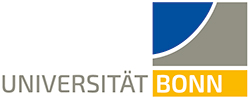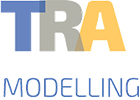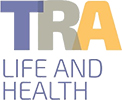Niklas Klümper
Principal Investigator • Klümper Lab
Contact
Bio
Niklas Klümper is an advanced clinician-scientist supported by the prestigious BMBF-funded ACCENT program and leads a research group at the University Hospital Bonn that operates at the interface of the Department of Urology and the IEO. His primary research focus is uro-oncology, and his translational research group has made significant contributions to this field. One of his primary goals is to enhance the accuracy of treatment response predictions for targeted therapies, develop more personalized treatment approaches, and enhance patient outcomes with uro-oncological diseases.
Niklas Klümper's team has demonstrated the potential to predict immune checkpoint blockade responses by analyzing longitudinal on-treatment serum kinetics of inflammatory markers. The study of very early longitudinal kinetics of inflammatory signals on immunotherapy to predict responses is a new field of immuno-oncology aimed at predicting responses and emerging immune-related adverse events. He is presently studying the kinetics of routinely used inflammatory serum markers, such as CRP and albumin, as well as unbiased methods using ultra-deep quantitative proteomics. An added advantage of this approach is that determining serum CRP+albumin concentration is a clinically established, cost-effective, and non-invasive method, and can be quickly integrated into daily clinical practice.
Additionally, his team is investigating resistance mechanisms to antibody-drug conjugates (ADC), a drug class increasingly used in clinical practice, especially for patients with metastatic urothelial cancer. He aims to enhance precision oncology by accurately selecting patients for ADC treatment based on their unique molecular profile and disease characteristics. This approach involves selecting the most appropriate therapy for each patient to enhance treatment efficacy.
Further, his research extends to studying the direct impact of ADC treatment on primary tumor tissue materials, such as patient-derived tumor fragments and primary 2D cell lines, as well as innovative 3D cell culture models such as the CAM assay. His primary objective is to identify rational combination therapies that can overcome ADC resistance mechanisms and enhance the effectiveness of these drugs.











